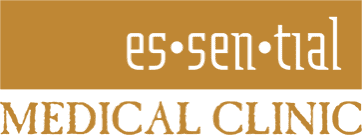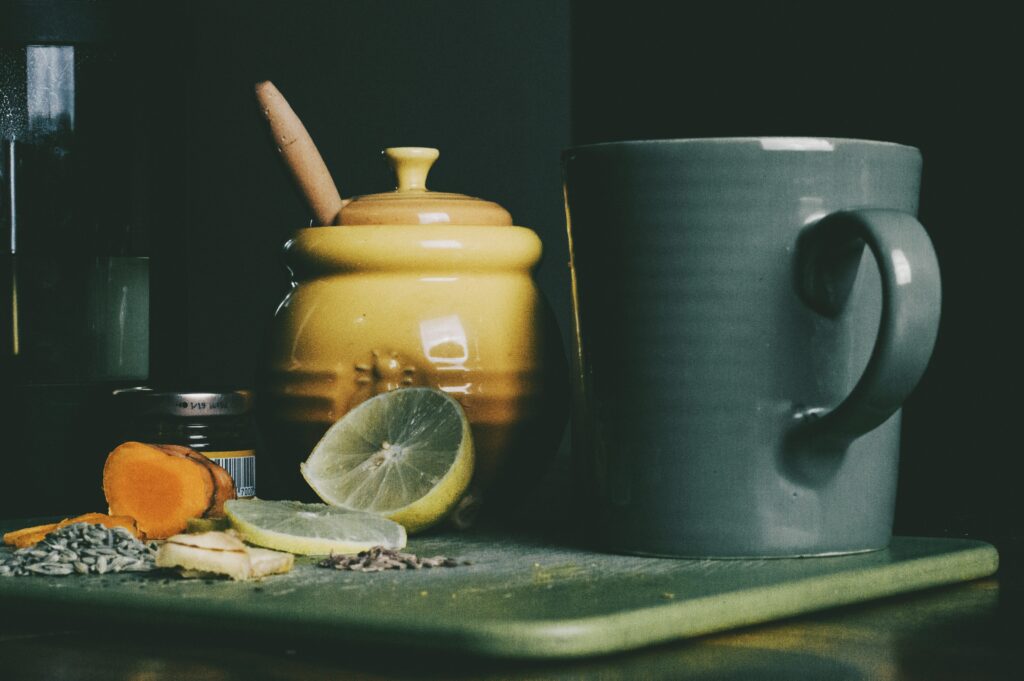Many medical symptoms, including pain, can be relieved by taking herbal remedies. However, you should always consult your doctor before using these types of alternative treatments. If anything, herbal therapies may interact with other medications you’re taking. But this can also cause side effects you didn’t expect.
Read more about the effectiveness and questioning of herbal and home remedies from a medical point of view.
An industry that is growing

Millions of people use unconventional therapies to relieve symptoms that should be treated by a doctor. This makes medicines a million-dollar and highly profitable industry. Instead of going to the doctor, some people prefer a “natural” remedy that provides temporary relief. In addition to being readily available, these medications never require a prescription.
Already in the year 2800 a. C., herbs were used to treat medical conditions in China. The origin of many “modern” drugs goes back to herbs, precisely. Some examples are aspirin, digoxin (for heart problems), and morphine (for pain).
Capsicum and pain relief
Some herbal pain relievers have been shown to be effective in the medical community. For example, capsicum is derived from chili peppers. However, it is still crucial to discuss your decision to use capsicum, or any herbal treatment, with your doctor.
Herbal medicines should be taken with caution.
- Prescription drugs are regulated and studied, even if they do not require a prescription. Despite studies evaluating the purported benefits of some herbs, most remain without conclusive evidence.
- Side effects, such as allergies, liver and heart problems, and thinning of the blood, are possible.
- It is common for current formulations to contain more than one ingredient, this can increase the risk of side effects or risky drug interactions.
- A combination of herbal therapy and prescription drugs can lead to increased side effects.
- It is not clear how much herb is needed to produce the claimed effect, or that an “overdose” exists.
Of course, it’s important to tell your healthcare provider if you’re using herbal remedies. It is possible to review the possible side effects or interactions of herbal medicines through a variety of resources.
Herbal therapies are classified as “food supplements” and therefore do not require warning labels.
The good and bad of home remedies

People may be more concerned about going to the doctor, due to the pandemic and the global health crisis. But it’s easy to be tempted to treat or prevent illnesses at home instead of going to the doctor and taking conventional medicines.
Throughout history, people have relied on home remedies like vitamin C, zinc, and elderberry. Increasingly, people are using herbs and supplements to manage their health conditions. However, there is some good data supporting some of these supplements as adjunctive treatments for certain health conditions.
The most common home remedies
Sometimes it is sought to treat a disease with home remedies to treat it. Some are benign, like chicken soup and homemade teas, but others can be harmful.
There are a variety of options when it comes to relieving symptoms, including:
- Essential oils have become increasingly popular as they are extracted from the roots, leaves, stems, flowers, and bark of plants using steam or water. It makes sense to use the power of plants in pharmaceuticals. As long as aromatherapy is used as a steam, it is generally safe. Ingesting oils can be harmful to some people.
- Colloidal silver has gotten a lot of punch too. It is said to provide antibacterial properties. Its use is not supported by solid scientific evidence. Silver can damage the liver when ingested, and although it tries to cure viral diseases, it does not have such properties.
- It is generally safe to use herbs and spices when cooking. They can also be found in vitamin shots and juice drinks. It is generally safe to use these products for these purposes.
The use of home remedies should be viewed with caution
A variety of reasons motivate people to use home remedies. They are easy to buy, do not require a prescription, and various home remedies have been anecdotally reported to be effective.
However, it is unfortunate that anything that has the power to heal can also cause damage. In the face of any doubt related to health, it is never good to skip the doctor.
The following are some risks associated with home remedies:
- We don’t know if many home remedies really work because they haven’t been studied. The FDA does not have the manpower to ensure that all supplements meet minimum safety standards. As a result, vitamins and minerals are not tested as rigorously as prescription drugs.
- Herbal and home remedies can interact with prescription and over-the-counter medicines, especially supplements and homeopathic medicines. You should consult what you take and contrast it with a naturopathic medicine database. Research your medications and evaluate side effects and drug interactions.
- As the body’s natural filtration and detoxification system, the liver and kidneys can be overburdened by them. Every ingested substance passes through the liver, the immune system perceives toxins as threats when the liver cannot eliminate them. This is how inflammation occurs.

Maintain good health
There is some evidence to support home remedies like chicken soup, elderberry, and even vitamin C, but building a strong immune system is your best defense against any disease. Here are strategies that will always work:
- A healthy diet.
- Regular exercise.
- Get enough sleep.
The most important thing is to be aware of the signs that need to be addressed immediately.
You should visit an emergency room if you have trouble breathing, chest pain, or trouble keeping fluids down. If you feel you don’t need to see your doctor in person, you can choose virtual care options.
The term “natural” does not necessarily mean that it is better or safer.
Many people believe that “natural” is healthier, safer, and better than synthetic or unnatural drugs, especially when it comes to medications.
A person’s preference for natural things reflects the belief that nature is pure and superior to humans. These biases also affect the decisions people make about their health.
We have been blessed by nature. There are many medicines derived from plants. Historically, plants have been used as medicines to treat diseases and have contributed greatly to our health. But this issue still has its details.
The effectiveness of natural remedies has not been fully proven
When scientists have studied dietary supplements and herbal supplements, they have not shown any significant benefit. The herb Echinacea, for example, did not show any benefit against the common cold. Ginkgo supplements do not delay or prevent dementia or cognitive decline, according to studies of more than 3,000 older adults.
“Natural” medications don’t always come without side effects. There may even be security issues with some of them.
Kava, a plant from the South Pacific islands, has been reported to cause severe liver damage.
Traditionally used for colds, fevers, and other ailments, ephedra is a shrubby evergreen plant native to central Asia and Mongolia. Ephedra is associated with heart problems and mortality.
In 2004, the US Food and Drug Administration banned the sale of dietary supplements containing ephedrine alkaloids for safety reasons.
Are natural products safe because they do not contain chemicals?

It has become common for many to associate “chemicals” with toxic or synthetic substances, but this is something to be avoided. You breathe air as well as the apple on your kitchen counter. Everything is made of chemicals, including us.
Chemicals may cause harm. Whether inhaled, ingested, or absorbed through the skin, toxic chemicals can harm the environment or harm your health.
In certain industries, toxic chemicals such as chlorine and isopropyl alcohol are commonly used.
Mercury, snake venom, arsenic, and ricin, found in castor beans, are toxic chemicals found in nature.
The elements iron and oxygen, for example, are essential for life, but high doses can be toxic and even fatal. Like everything else, natural medicines, like herbal supplements and dietary supplements, contain chemicals.
However, it is important to note that natural does not always mean that it is the best or safest option for your health. Even some prescription drugs come from natural sources. Many chemical compounds may be present in herbal supplements and not all of the ingredients are known.
Make informed decisions about your health based on refuted studies and science.
Read more about health issues at Essential Medical Clinic:


